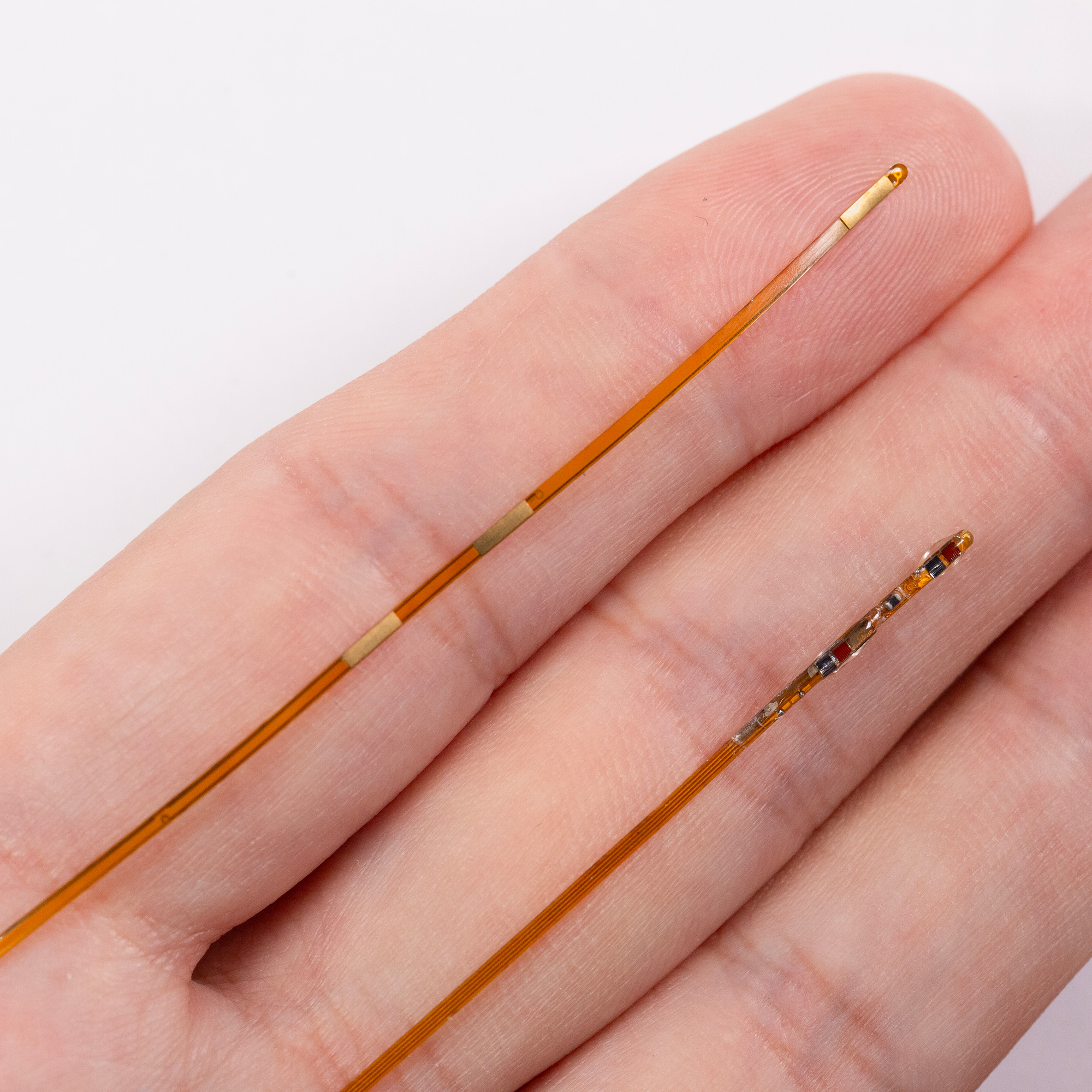Year: 2024
-

Implantable Sensor Enables Patients and Physicians to Monitor Bladder Function
Northwestern scientists have developed a new soft, flexible, battery-free implant that allows patients and physicians to monitor bladder fullness in real time.
-

NUDOCS Program Immerses College Students in Medicine
Feinberg School of Medicine’s Office of Diversity and Inclusion recently welcomed its largest cohort yet – a group of 21 Northwestern undergraduate students from diverse backgrounds – to participate in NUDOCS, an immersive week-long introduction to careers in medicine.
-

3D Anatomy Learning Tool Wins National Science Foundation Prize
A digital anatomy learning tool developed by Kirsten Moisio, PT, PhD, professor of Physical Therapy and Human Movement Sciences, has been named a winner of the National Science Foundation VITAL Prize Challenge.
-

Novel Role for Metabolites in Cellular Metabolism Discovered
Investigators led by Issam Ben-Sahra, PhD, have discovered how cellular metabolism fluctuates in response to changes in levels of pyrimidines, metabolites used by cells to make DNA and RNA, according to a recent study published in Science.
-

Predicting Infection Risk in Childhood Cancer
A model can accurately predict the risk of bloodstream infections in a subset of children with cancer, according to a study published in the Journal of Clinical Oncology.
-

Investigating Mechanisms of Aggressive Glioblastoma Tumor Growth
Northwestern Medicine investigators have identified a metabolism-related gene that may play a role in recruiting immune cells to support the growth of aggressive brain tumors, according to a study recently published in Nature Communications.
-

Uncovering the Mysteries of Microproteins
Northwestern Medicine scientists have developed a method to identify and characterize microproteins, a development which opens the door for understanding physiology and disease at a molecular level not possible until now, according to findings published in Nature Communications.
-

Understanding How a Motor Protein Helps Cells Move
Scientists have characterized how non-muscle myosin assembles in cells using the latest advances in technology only available at Northwestern and a handful of institutions worldwide, according to a study published in the Journal of Cell Biology.
-

Study Explores Characteristics Associated with Poor COVID-19 Antibody Response
U.S. adults with certain socio-demographic and clinical characteristics may have weaker antibody responses to COVID-19 vaccination, according to a recent study published in Nature Communications.
-

Novel Immune Inhibitor Associated with Glioma Progression
Northwestern Medicine investigators led by Amy Heimberger, MD, PhD, have discovered a new mechanism in which cancer-associated fibroblasts are associated with tumor grade and mediate immune suppression in glioma tumors.






